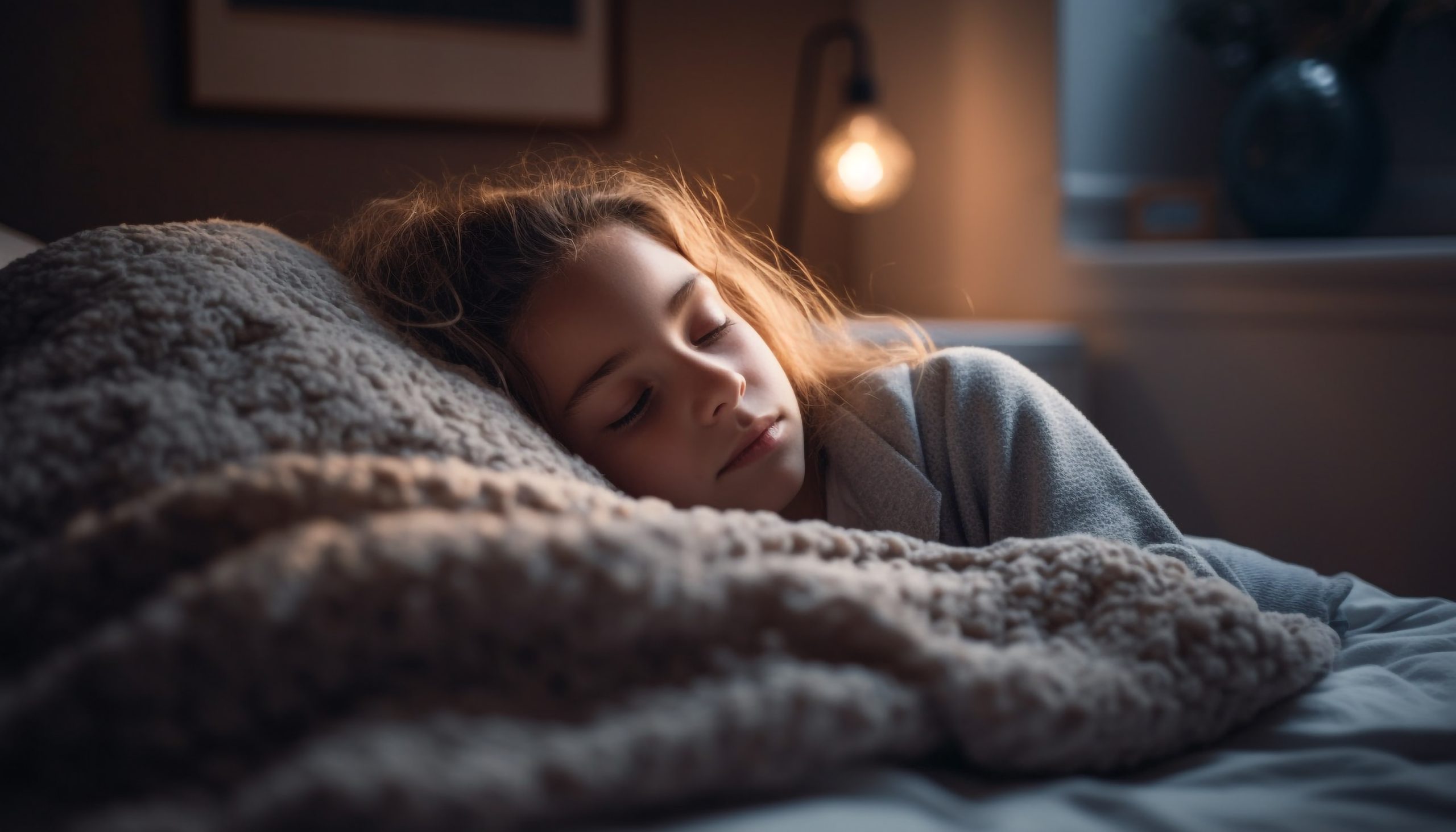Adults need a good seven to nine hours of sleep at night. But the National Sleep Foundation says one-third of people don’t get that and feel sleepy at least half the week. And things you do—or don’t do—during the day can have a big impact on sleep quality. Fighting fatigue day after day is a struggle for many people. The main cause is usually poor sleep. Even if you sleep seven hours, are you waking up frequently? Are you distressed when you’re sleeping? Eating meals at different times each day or too late at night can affect sleep. So, I’m going to bed and waking up at inconsistent times. There has to be some physical activity too, so that you feel tired enough to sleep. A lack of daily physical activity causes low energy and increases daytime drowsiness. And don’t forget vitamin D. Not getting enough sunshine and natural light throughout the day can impact circadian rhythms. Other bad habits to avoid include drinking alcohol or caffeine before bed, using electronics when it’s time to sleep, and not drinking enough water. And that is true for all of us! According to the Cleveland Clinic, frequent fatigue could also be caused by an underlying medical condition or sleep disorder. This could include sleep apnea, certain cancers, heart disease, vitamin deficiencies, and hormonal changes. one-third of people don’t get that and feel sleepy at least half the week.
Thank you for reading this post, don't forget to subscribe!
Saturday, October 11, 2025


